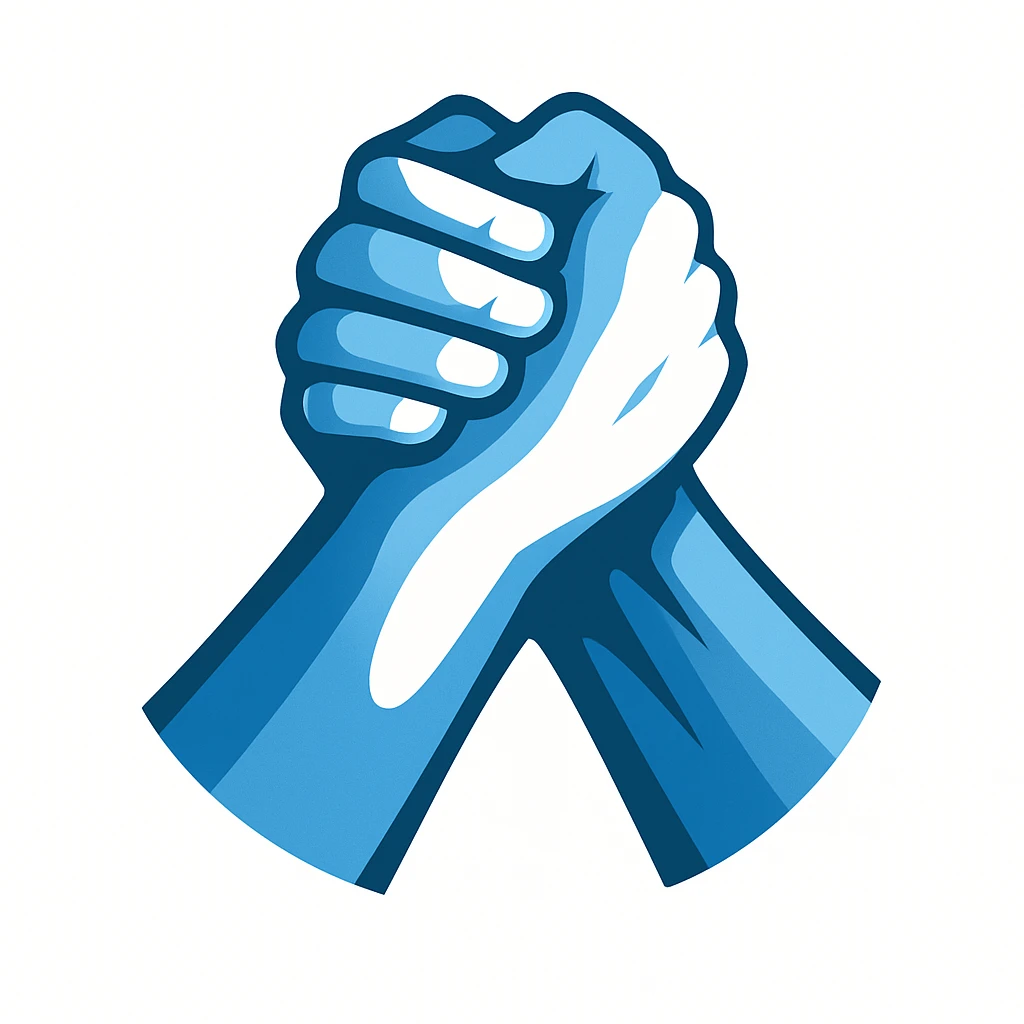Freedom through Independence
Why Sovereignty Begins at Home
In modern Australia, we’re often reminded that we live in the “lucky country.” And in many ways, we do. But luck is not a strategy, and reliance is not resilience. Over decades, government systems have become deeply entwined with daily life: managing our utilities, health, welfare, even personal emergencies.
Yet the more we expect the state to carry us, the less prepared we are to carry ourselves.
This isn’t about cynicism. It’s about clarity. The most enduring form of safety and freedom begins – and is sustained – at home.
I. Dependence Breeds Fragility
We live in an age of centralised convenience:
Electricity from distant grids.
Water pumped from state reservoirs.
Food from thousands of kilometres away.
Crisis response managed by overstretched agencies.
These systems work — until they don’t. The bushfires which ravage our communities each year, prolonged droughts, COVID lockdowns, record flooding; each exposed the fragility of our national safety net. From NDIS delays to Centrelink bottlenecks, to the simple fact that our emergency services are vastly over-stretched, Australians have seen firsthand how dependency can become a choke point.
When the system stalls, the prepared become the calm. Everyone else waits.
II. The Safety Net Is Not a Foundation
Government services have their place. But they are backup, not backbone.
They are relief, not resilience.
Welfare, rebates, Medicare: these can be useful tools. But they are not a substitute for structure. Your long-term security must be something you build, not something you hope remains funded. The real question is not “what will they provide?” but “what can we create?”
Preparedness is not a rejection of systems — it is a decision to not be captive to them.
III. Liberty Is Designed, Not Declared
Australian liberty is more than a democratic ideal — it’s a lived architecture.
— A water tank you can drink from without permission.
— Solar and battery systems that function without the grid.
— Food in your garden, not just your supermarket basket.
— A fire plan rehearsed, not assumed.
— Communications that don’t rely on failing towers.
These aren’t fringe behaviours, they are practical expressions of sovereignty. They turn intention into infrastructure. They build a home that doesn’t just survive the storm, but supports others through it.
IV. Community Is Not a Shortcut — It’s the Multiplier
Preparedness isn’t isolation. It’s interdependence, intelligently designed.
No one person can be resilient alone, but a strong household can lift others.
In a disaster, your ability to help neighbours, friends, and family depends on not needing help yourself.
You cannot pull others from the water if you’re struggling to stay afloat.
You cannot lend power, shelter, or food if you’ve outsourced all of your own.
When each home carries its own weight, the whole community rises. It becomes a web of shared readiness, not shared dependence.
The most powerful communities aren’t formed in government workshops.
They’re forged in neighbourhood chats, shared projects, and in the quiet strength of self-reliant homes.
V. Freedom Wears Work Boots
Freedom is not just the absence of control, it’s the presence of competence.
It’s being able to say “no, thank you” because you have something better in place.
It’s living in alignment with your values — not just when it’s easy, but when it’s urgent.
In Australia, we are not just voters or service users. We are stewards.
And it is our duty, and privilege, to live like it.
Conclusion: Sovereignty, Shared
Preparedness is personal, but it is not selfish.
It is a gift you give your family, and a strength you offer your community.
It is not anti-government, it is pro-responsibility.
It is not fear-based, it is freedom-built.
When you take ownership of your systems – water, power, food, safety – you reduce your burden on others. You expand your capacity to serve. You become a source of calm in the storm.
In a world increasingly built on centralisation, the quietly sovereign household is a quiet revolution.
